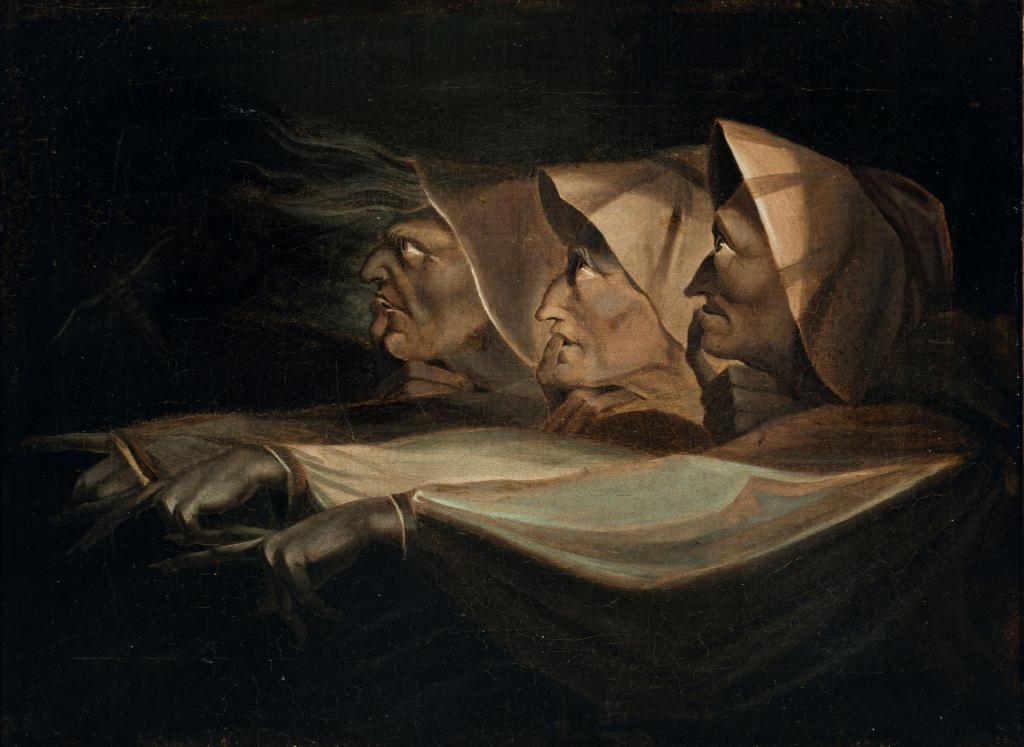
(Author’s Note: This is a revised version of a post that appeared in 2019. The author believes it is especially relevant today.)
The First Apparition (“an armed Head”) warned him to beware the Thane of Fife. The Second (“a bloody child”) prophesied that none of woman born could harm him. The Third Apparition (“a child crowned, with a tree in his hand”) counseled him to assume the mettle of a lion:
Take no care
Who chafes, who frets, or where conspirers are.
Macbeth shall never vanquished be, until
Great Birnam Wood to high Dunsinane Hill
Shall come against him. (4.1.89-93)
From then on, his purpose became firm and clear. He seized Macduff’s castle and the dominion of Fife. To ensure the end of Macduff’s issue, he resolved to kill “his wife, his babes and all unfortunate souls / That trace him in his line” (4.2.1-87).1
“I think nothing equals Macbeth,” wrote Abraham Lincoln. “It is wonderful.”
Lincoln’s praise has stood the test of time. Hamlet may be a better play, King Lear a greater tragedy, but a special power inhabits Macbeth, which has led superstitious theater people to talk about the great play in hushed tones and to refer to its title by the euphemism “the Scottish play.”
Is there any other play the name of which we fear to speak?
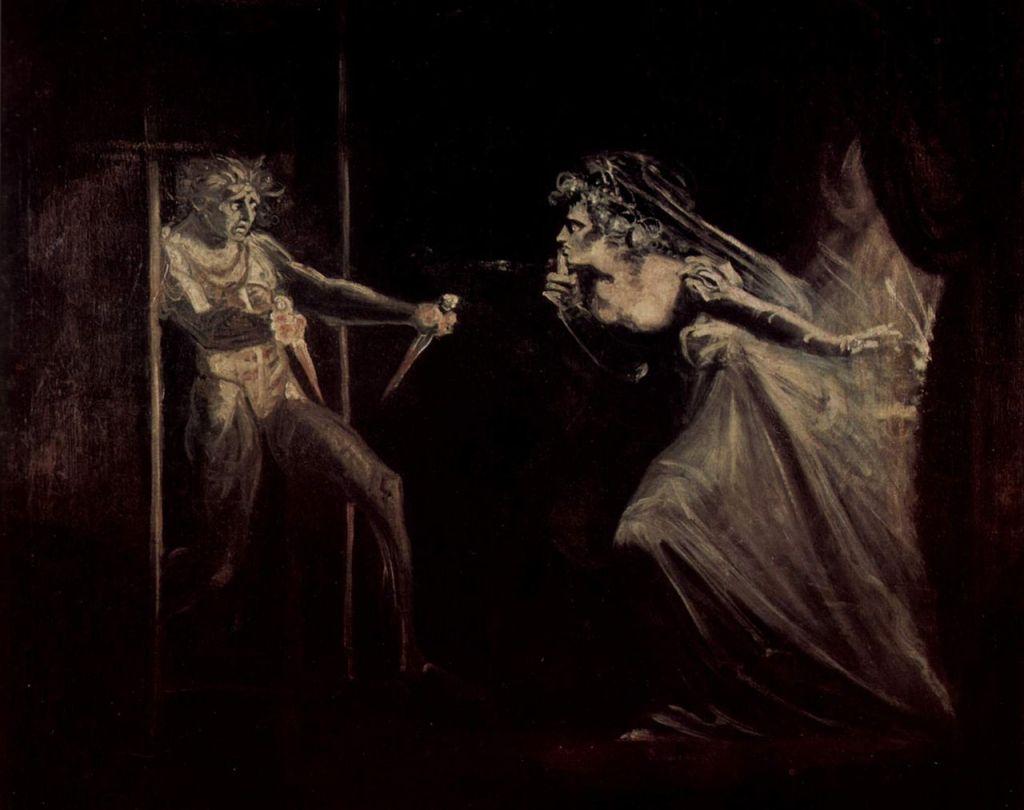
The magic of the witches functions in Macbeth as symbolic mirrors. The play is a dark, reflective pool in which to behold—in the words of Brutus—the “tide in the affairs of men” (Julius Caesar, 4.3.215) if one is attentive to its movements, sensitive to its rhythms and poetry. About Macbeth, Cuban novelist and film critic Guillermo Cabrera Infante concluded: “Poetry can lead to perdition. Poetry—that is, metaphors—are the prophecies of the witches … and while reasonable omens become illogical criminal motives, impossible metaphors become literal truth.”2
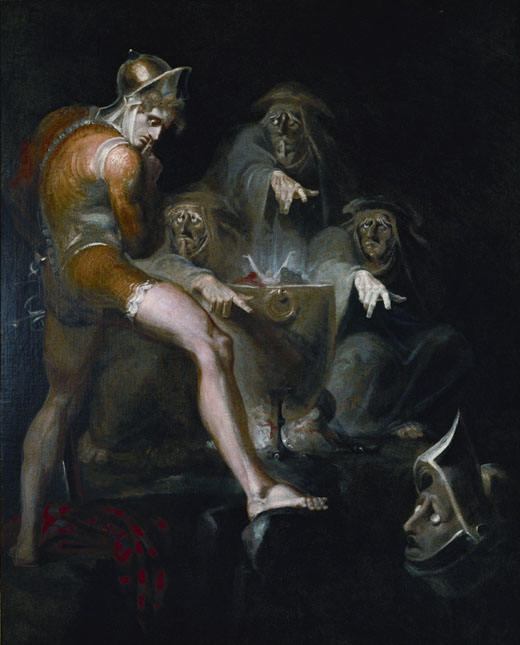
The ghost of the play is never far away from me: my versions and translations of Macbeth have been staged five times. But recently, I have sensed a fatal conjunction between Shakespeare’s dramatic poem and US political reality.
In the lonely figure of the little man with the big mouth in Mar-a-Lago, who betrayed his country to evil powers for his own advancement, I see the solitary figure of Macbeth in his deserted castle in the last act of Shakespeare’s play. “Some say he’s mad” (5.2.13), and from the battlements he shouts insults and empty threats at the noblemen who once served him, but now flee from his rule: “Fly, false thanes, / And mingle with the English epicures.” (5.3.7-8).
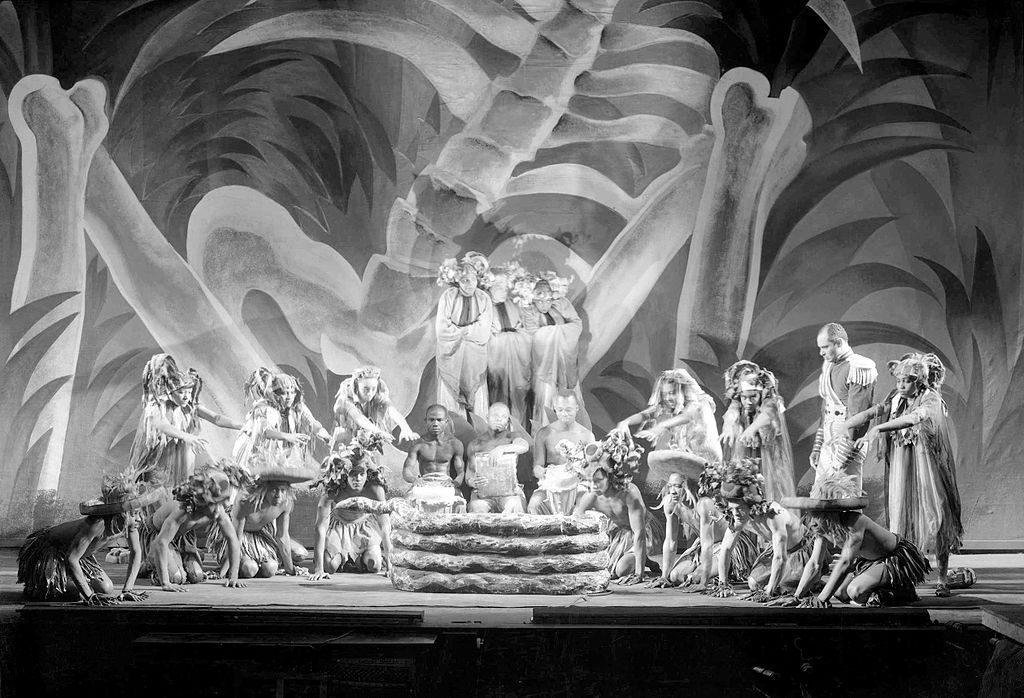
The spells of filthy hags egged him on to his perdition: “be bloody, bold, and resolute” (4.1.78). With the increasing threat of the trials against him, in the siege of the deluge of information that tells of corruption, mendacity and treason, I feel the foggy, sinister branches of the trees of the Spider Web Forest in Akira Kurosawa’s great film (Throne of Blood) of Macbeth.
I shudder at this comparison of Shakespeare’s heroic villain with Donald Trump; but all the sad stories of the fall of earthly kings—so lamented by Richard II—inhabit Shakespeare’s play. In council held with Malcolm (who will regain his father’s throne), Macduff cautions the young prince:
Boundless intemperance
In nature is a tyranny; it hath been
Th’ untimely emptying of the happy throne
And fall of many kings (4.3.67-69).
So will it be with Trump. His intemperance will prove his downfall.
Kafka records the story of an Emperor who wanted to build a great wall:
For it seems that infidel tribes, among them demons, often assemble before the imperial palace and shoot their black arrows at the Emperor.3
When Birnam Wood comes to Dunsinane Hill, let us guard against our Inner Trump. We created him in our own image.
Oscar Giner
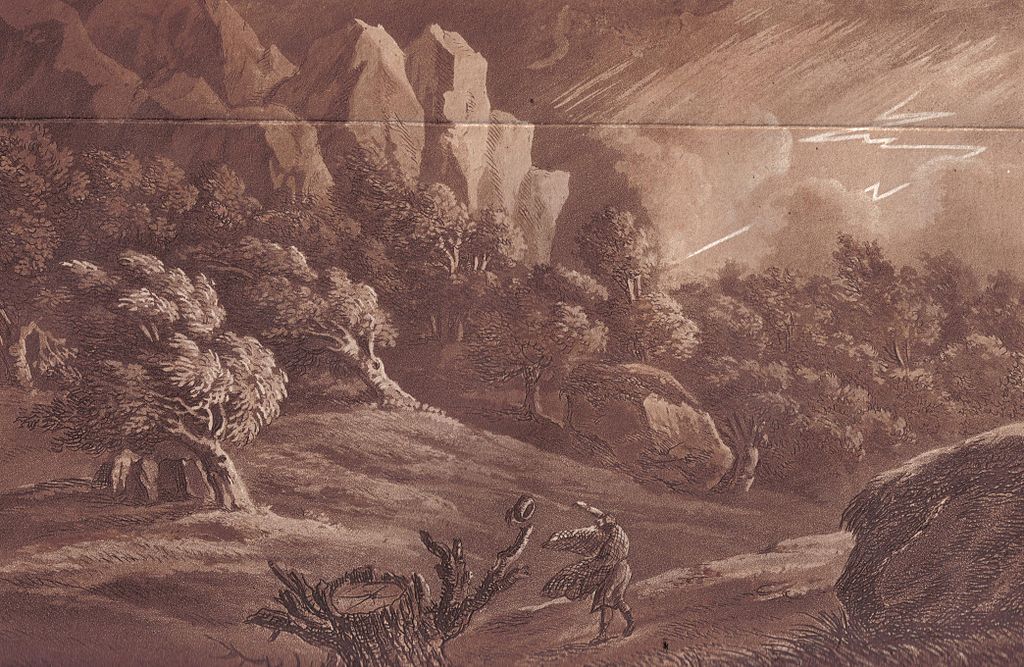
- All quotes from Macbeth are from Shakespeare, Macbeth (London: The Arden Shakespeare, 2021). ↩︎
- Shakespeare, Hamlet (Cambridge: University Press, 2001) and Julius Caesar (New York: Signet Classics, 1963); Guillermo Cabrera Infante, Arcadia todas las noches (Bogotá, Colombia: Editorial Oveja Negra, 1987), 40. ↩︎
- Franz Kafka, “The News of the Building of the Wall: A Fragment,” in The Complete Stories (New York: Schoken Books, 1971), 249. ↩︎